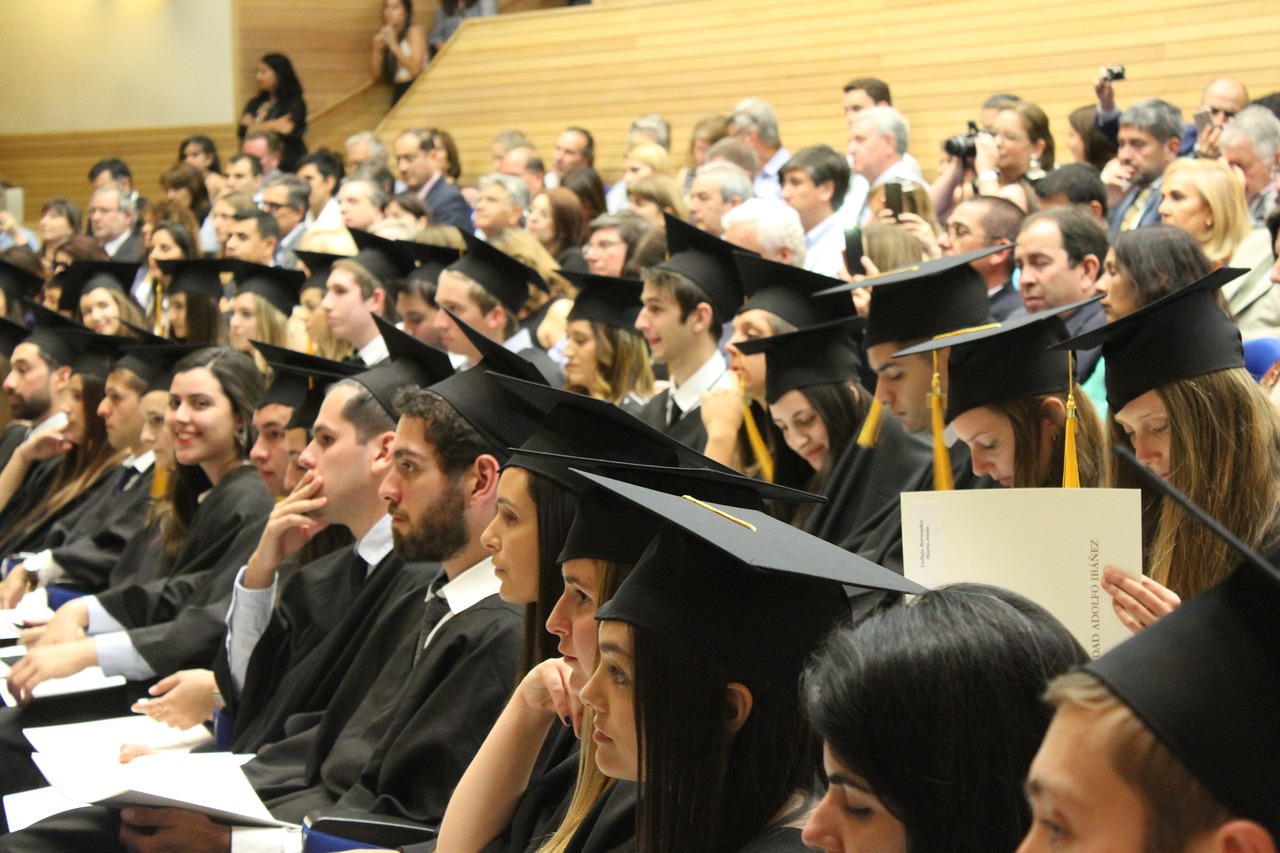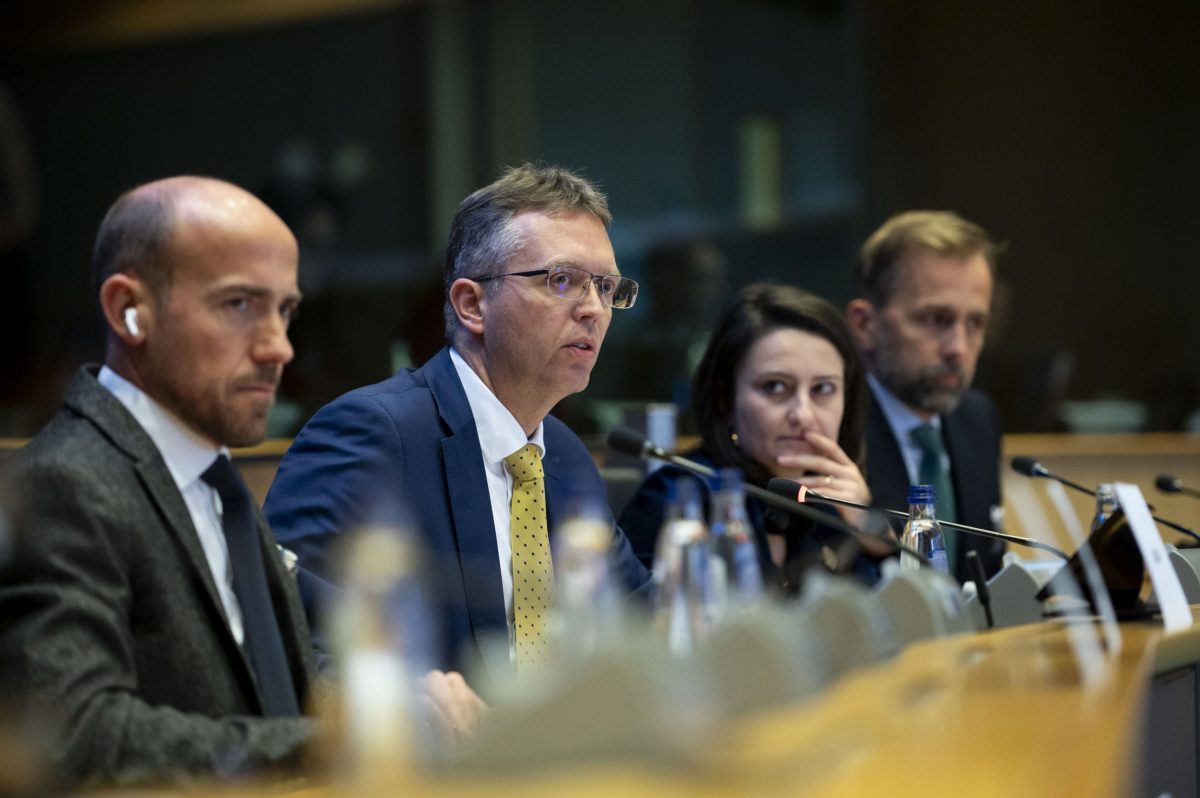
Meanwhile, Hungary has moved forward with the Pannonia Program, a domestic alternative to Erasmus.Continue reading

Balázs Hankó, Minister of Culture and Innovation, addressed the European Parliament’s Industry, Research, and Energy Committee (ITRE) in Brussels, focusing on Hungary’s priorities during its EU Presidency.
The minister highlighted the EU’s declining share in the global economy and emphasized the importance of strengthening research and innovation to boost the Union’s competitiveness. “If we want to achieve a turnaround in competitiveness in the EU, we need to focus not only on innovation and research, but also on education, higher education, demographics, and identity,” he said.
Balázs Hankó also stressed the need for increased investment in research, pointing out that the EU currently accounts for only 5% of global venture capital, far behind the US and China. He called for the EU to reach 3% of GDP in research and innovation spending to compete globally.
This shows that average research and innovation spending is only 2.3% of GDP in the EU, lower than our competitors,” he added.
The politician also addressed funding disparities within the EU, noting that Central European countries receive less support than their Western counterparts. He emphasized the need for equal funding distribution to fully utilize the potential of all Member States. Mr. Hankó also criticized the exclusion of Hungarian students and researchers from the Erasmus and Horizon programs, calling the decision ‘discriminatory.’
In conclusion, Hankó underscored the urgency of addressing these challenges to secure a competitive and united EU.
Via MTI; Featured Image: MTI / Bodnár Boglárka